Iran slams IAEA chief's 'political' remarks serving pretext to pressure Tehran
Iran has warned that the International Atomic Energy Agency (IAEA) may risk losing credibility by straying from the path of “neutrality and professionalism,” after its head made controversial remarks about the Islamic Republic’s peaceful nuclear program.
In politically biased remarks on the sidelines of a press conference in the Japanese capital of Tokyo, IAEA chief Rafael Grossi alleged that Iran is now enriching uranium up to 60 percent, which is nearly “weapons-grade.”
He further claimed that Tehran was “not cooperating with the agency as we wish” and that the Islamic Republic must prove that it was not “pursuing nuclear weapons development.”
His controversial and provocative remarks prompted the Atomic Energy Organization of Iran (AEOI) to issue a statement, warning IAEA that with such unprofessional and politically biased comments the agency risks losing its credibility.
“As the head of a major international organization, the Director-General of the International Atomic Energy Agency (IAEA) is expected to always speak and act impartially, professionally, and free from political bias.
"Unfortunately, some of Mr. Grossi’s statements and positions, particularly his recent ones, lack these qualities, raising concerns that this important international organization, by straying from the path of neutrality and professionalism, may undermine its own credibility,” the statement warned.
Grossi’s remarks come as Iran has time and again stressed that its nuclear program is purely peaceful, highly cooperating with IAEA in its inspections.
“At a time when the United States and certain Western countries seek to exploit this organization to exert unjust pressure on Iran, such political and unprofessional remarks could serve as a pretext for their illegitimate ambitions,” AEOI emphasized.
“Mr. Grossi’s recent remarks during his press conference in Japan are an example of unprofessional conduct and statements. He has called on Iran to prove that it is not pursuing nuclear weapons.
"Any rational mind understands that the most fundamental legal principle is the presumption of innocence—in other words, 'the burden of proof is on the accuser.'
"Grossi knows better than anyone that nearly a quarter of all IAEA inspections are conducted on Iran’s nuclear facilities, which make up less than three percent of the world’s total nuclear facilities,” the statement further noted.
AEOI also stressed that Tehran has repeatedly emphasized that “its nuclear program is entirely peaceful”, warning that Grossi’s “repeated political rhetoric is beneath his dignity and position and must come to an end.”
Separately on Thursday, Iran’s Deputy Foreign Minister for Legal and International Affairs Kazem Gharibabadi also responded to Grossi’s remarks in a statement posted on X, slamming his comments as “unprofessional and highly political.”
Under the NPT, there is no restriction on the level of uranium enrichment, and non-nuclear-weapon states are only obligated not to divert their programs toward weaponization, he said.
مدیرکل آژانس @rafaelmgrossi در کنفرانس مطبوعاتی خود در توکیو، اظهاراتی غیر حرفه ای و با طعم کاملا سیاسی در مورد ایران نمود. وی گفت "ایران اکنون اورانیوم را تا ۶۰ درصد که تقریبا درجه تسلیحاتی است، غنی می کند؛ ایران آنگونه که ما مایلیم با آژانس همکاری نمی کند، البته بازدید من در…
— Gharibabadi (@Gharibabadi) February 20, 2025
Gharibabadi stressed that Grossi’s claim that 60 percent enrichment is ‘nearly weapons-grade’ is legally and technically unfounded, adding that if he is concerned about proliferation risks, he should also address the AUKUS security pact, which involves the deployment of nuclear-powered submarines with weapons-grade fuel.
“The Director-General has complained that Iran is not cooperating with the Agency as it ‘wishes’ or ‘prefers.’ Is the level of cooperation determined by the Agency’s preferences or inclinations?! Our country has commitments, and it cooperates accordingly—specifically under the Comprehensive Safeguards Agreement. Since the suspension of Iran’s JCPOA-related obligations, no violations of these commitments have been reported," he said.
"If Mr. Grossi wants Iran to accept additional verification measures beyond its legal obligations, he should also tell other parties that he ‘wants’ them to lift sanctions against Iran. Has he ever had the courage to make such a request to those imposing these unjust and illegal sanctions?!” Gharibabadi noted.
Iran’s deputy foreign minister for legal and international affairs further said that while Grossi acknowledged a constructive visit to Iran in November, it is surprising that he did not address the counterproductive resolution pushed by three countries in the IAEA Board of Governors.
Gharibabadi reiterated that Iran’s nuclear program remains peaceful, with no deviation from its legal obligations, stressing that Grossi’s remarks about the “need to prevent” and “prove the absence of” nuclear weapon development are speculative and unprofessional, as the IAEA’s assessments should be based on objective inspections, not political rhetoric.
Iran has categorically rejected accusations regarding undeclared nuclear activities or materials. Tehran maintains it is prepared to cooperate with the IAEA to settle disputes.
In May 2023, the IAEA announced it had decided to close the file on traces of what is claimed to be nuclear material at one of these alleged “undetected” sites in Iran following progress in cooperation between Tehran and the nuclear watchdog.
Iran says entered talks with US with 'result-oriented approach'
Iran FM, IAEA chief meet ahead of indirect talks with US
Israeli soldier admits to murder, rape in Gaza during live stream
VIDEO | Pakistan protesters condemn US-Israel threats, mourn mosque victims
VIDEO | Press TV's news headlines
Tehran slams US ‘inhumane’ sanctions against Cuba
Two Palestinian children killed in PA ambush; Hamas slams attack as ‘black mark’
Iran pursues talks and deterrence simultaneously: Security chief


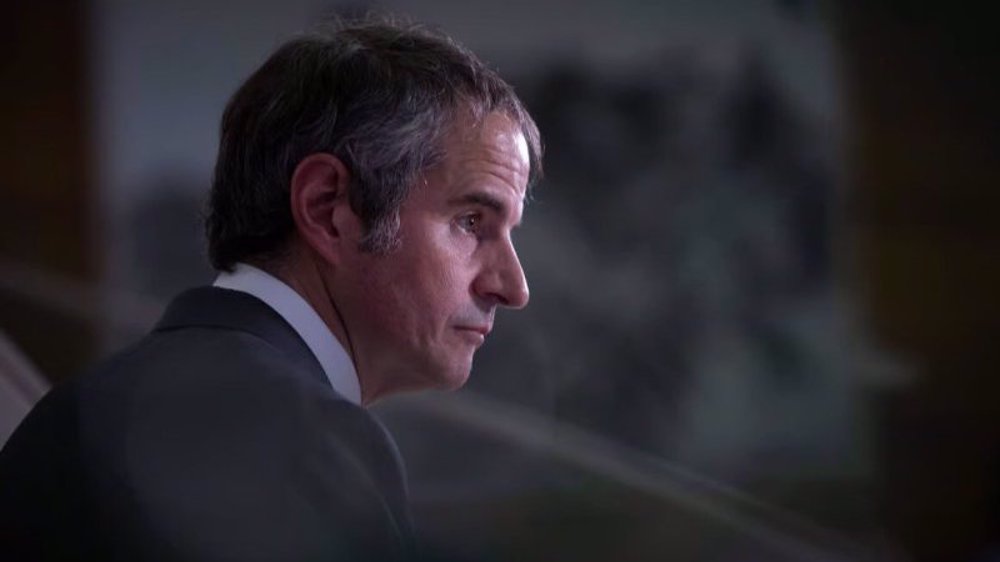
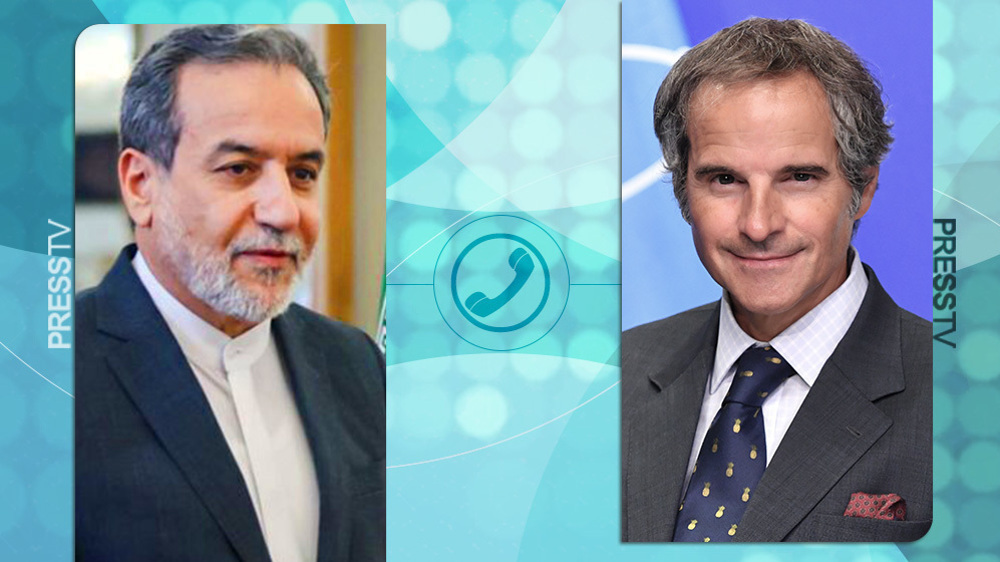
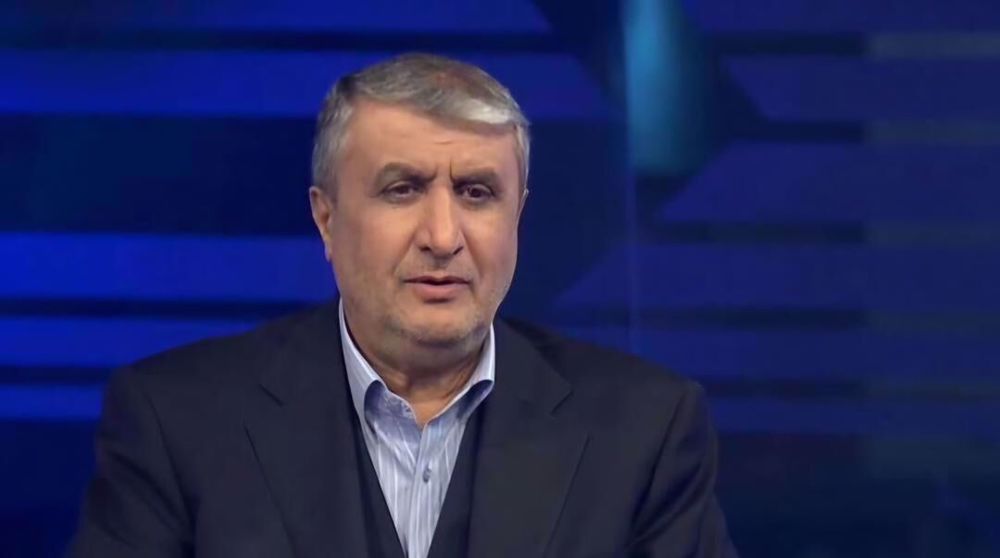
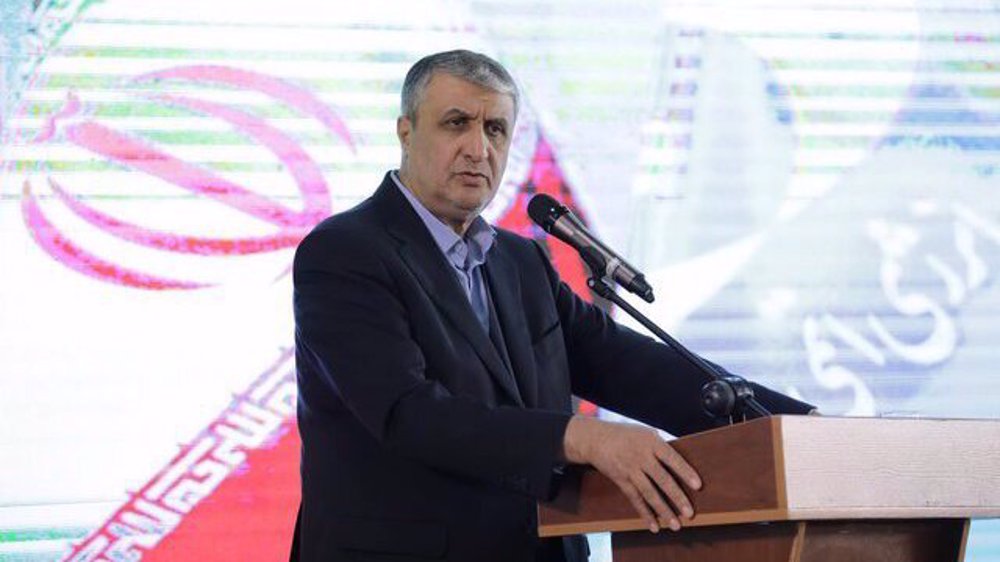
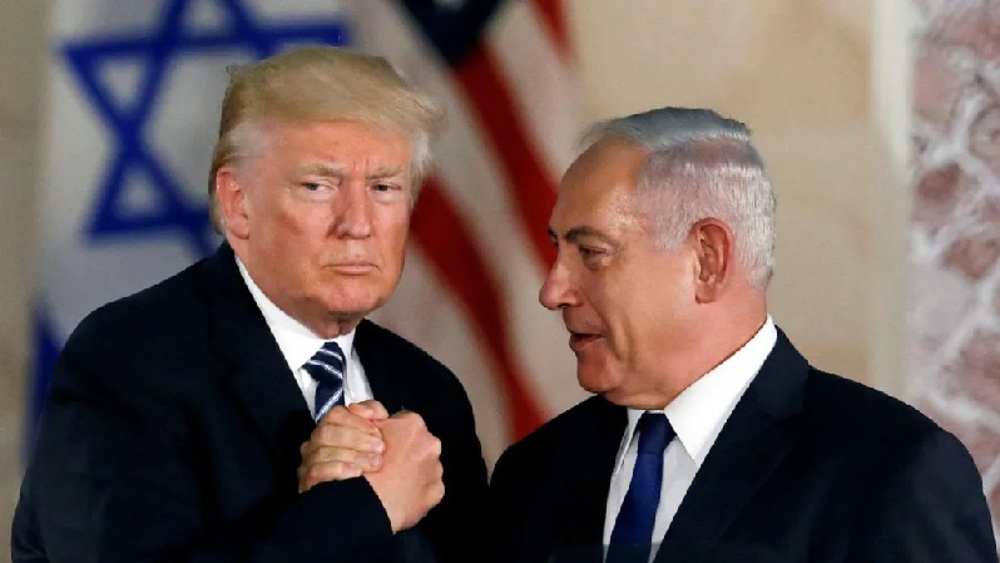
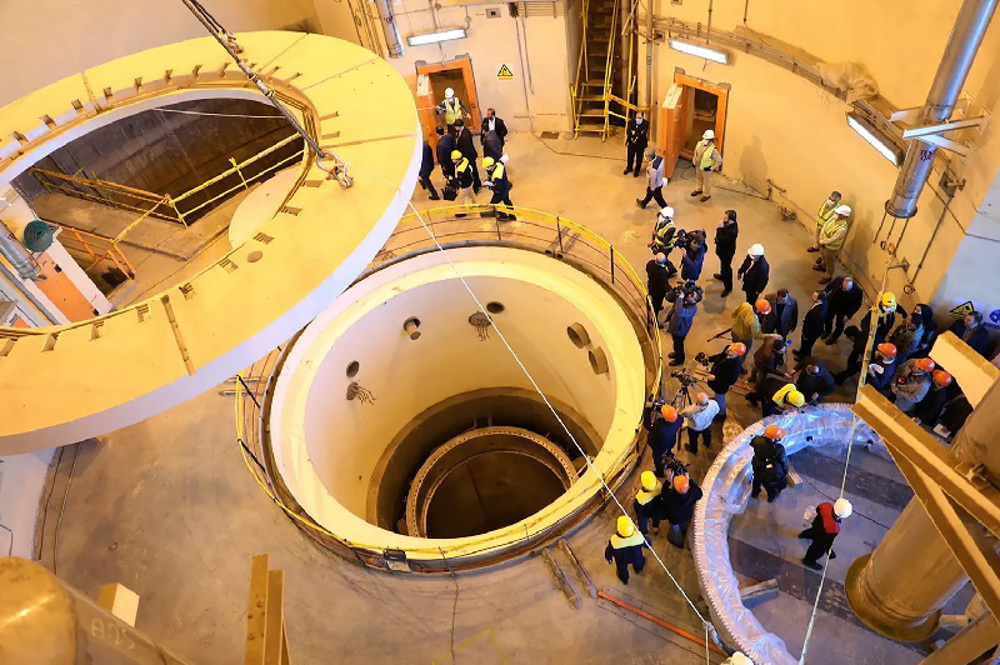




 This makes it easy to access the Press TV website
This makes it easy to access the Press TV website